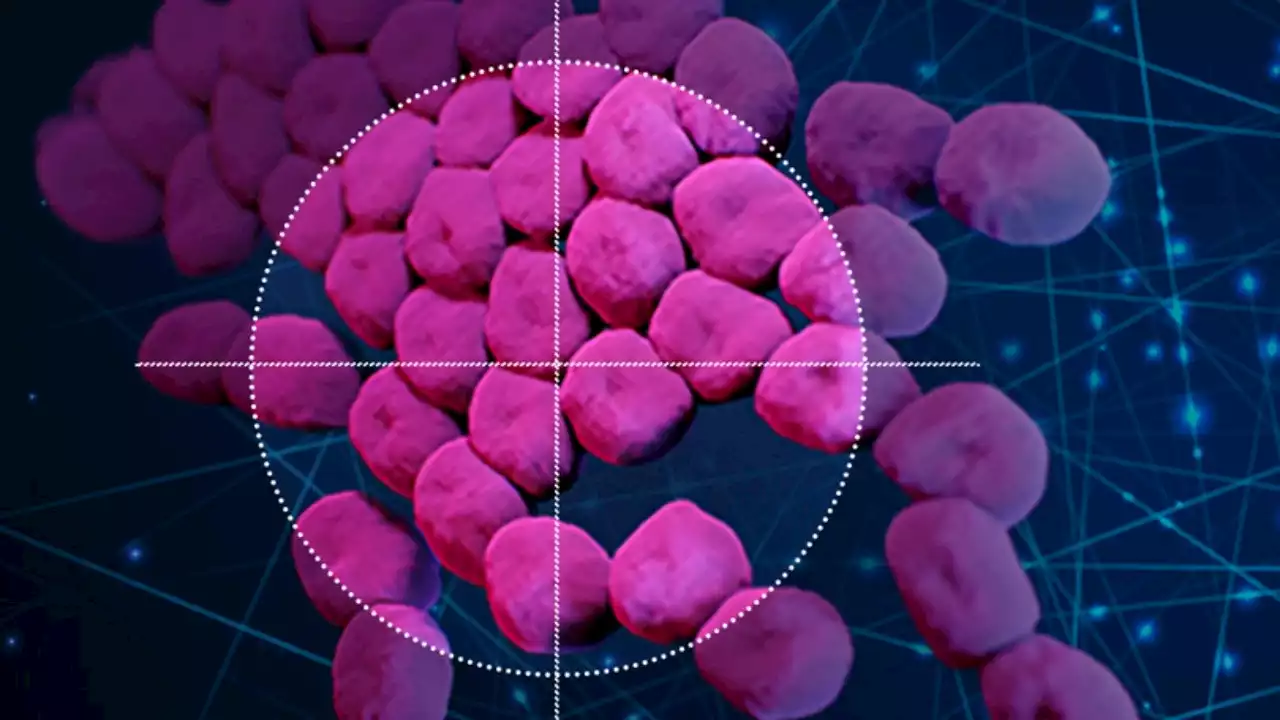Engineers have demonstrated something marvelous.
It's not a development that's ready for practical application, but it does, its creators say, transcend some of the limitations of other harvesters. All the material needs is to be pocked with nanopores less than 100 nanometers in diameter. That's around a thousandth of the width of a human hair, so easier said than done but far simpler than expected.
If Air-gen sounds familiar, it's because the team previously developed an air energy harvester. However,Well, as it turns out, the bacterium isn't necessary.
This produces an effect similar to what we see in lightning-producing clouds: rising air creates more collisions between water droplets at the top of a cloud, resulting in an excess of positive charge in higher clouds and an excess of negative charge in lower ones.
Canada Latest News, Canada Headlines
Similar News:You can also read news stories similar to this one that we have collected from other news sources.
 Elephants Love Hanging Out With People, Scientists FindKnown as some of the animal kingdom's most complex social creatures, elephants in captivity appear to enjoy their interactions with humans.
Elephants Love Hanging Out With People, Scientists FindKnown as some of the animal kingdom's most complex social creatures, elephants in captivity appear to enjoy their interactions with humans.
Read more »
 Scientists find new evidence of links between schizophrenia and dopamineResearchers confirm maternal vitamin D levels' crucial role in developing the brain cells that produce dopamine, the body’s ‘feel-good’ chemical.
Scientists find new evidence of links between schizophrenia and dopamineResearchers confirm maternal vitamin D levels' crucial role in developing the brain cells that produce dopamine, the body’s ‘feel-good’ chemical.
Read more »
 Scientists use AI to find drug that kills bacteria responsible for many drug-resistant infectionsResearchers at MIT and McMaster University have identified a new drug that can kill a type of bacteria responsible for drug-resistant infections.
Scientists use AI to find drug that kills bacteria responsible for many drug-resistant infectionsResearchers at MIT and McMaster University have identified a new drug that can kill a type of bacteria responsible for drug-resistant infections.
Read more »
 Why scientists should be part of conversations about decolonizing humanitiesSociologist Meghan Tinsley calls for a two-way dialogue about making university curricula more inclusive.
Why scientists should be part of conversations about decolonizing humanitiesSociologist Meghan Tinsley calls for a two-way dialogue about making university curricula more inclusive.
Read more »
 Chronic stress can inflame the gut — now scientists know whyPsychological stress is known to worsen the gut inflammation caused by certain bowel diseases. Now scientists have found out why.
Chronic stress can inflame the gut — now scientists know whyPsychological stress is known to worsen the gut inflammation caused by certain bowel diseases. Now scientists have found out why.
Read more »
